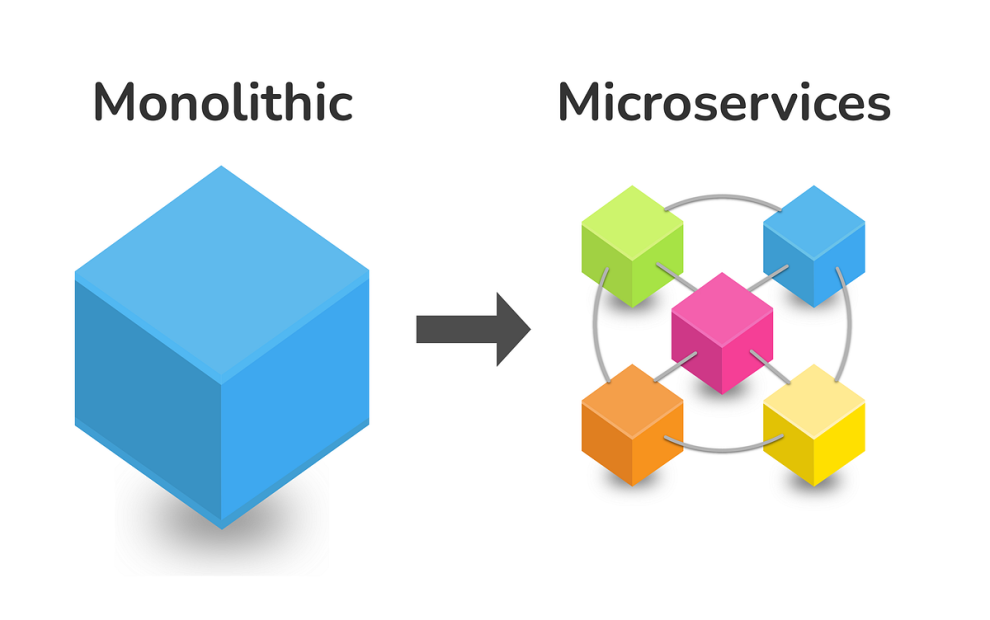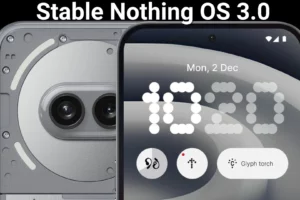Once upon a time, software applications were monolithic behemoths – cumbersome, inflexible, and prone to catastrophic meltdowns. Then came the whispers of a brave new architecture, a micro-revolution destined to reshape the software landscape. Enter the microservices architecture, a paradigm shift where monolithic giants crumble and nimble, independent services rise in their place.
Unbundling the Monolithic Monstrosity:
Imagine a towering monolith, an application where everything – from user interface to database – is tangled in a single codebase. Updates become perilous journeys, bug fixes ripple through the entire system like earthquakes, and scalability? Forget it. Microservices shatter this paradigm, breaking the monolith into bite-sized, independent services, each with its own codebase, deployment cycle, and responsibility.
The Microservices Manifesto: A Symphony of Decentralization
Think of microservices as a jazz quintet, each instrument (service) contributing its unique melody to the overall harmony (application). Here’s what makes this orchestra sing:
- Decoupling: Services communicate through well-defined APIs, minimizing dependencies and insulating them from changes in other services. Each service is a sovereign state in the digital federation.
- Scalability on Steroids: Need to handle a surge in traffic? Simply scale the required service, leaving others untouched. No more monolithic bottlenecks holding back the entire show.
- Agility Unleashed: Deploy and update individual services without impacting the entire application. Think of it as hot-swapping instruments mid-performance, keeping the music flowing seamlessly.
- Resilience in the Face of Failure: A single service crash doesn’t bring down the whole house. The rest of the orchestra carries on, minimizing downtime and preserving user experience.
But Before You Break Everything… Challenges and Cautions:
The microservices maestro isn’t born overnight. Orchestrating this decentralized symphony requires careful planning and design. Complexity can spiral out of control with improper infrastructure and monitoring. Communication overhead between services can become a bottleneck. And let’s not forget the security challenges of managing numerous entry points.

The Future of Microservices: Building Blocks for a Decentralized Age
Despite the challenges, the microservices movement is gaining momentum. As containerization technologies like Docker and Kubernetes mature, managing and deploying microservices becomes easier. Monitoring tools and service meshes emerge to ensure smooth communication and observability. The future holds a world where microservices become the building blocks for composable, resilient, and scalable applications, powering everything from e-commerce giants to AI-powered robots.
Ready to join the microservices revolution?
Unleash your inner architect, understand the principles of service design, and embrace the complexities of distributed systems. Remember, microservices are not a cure-all, but a powerful tool in the right hands. So, grab your metaphorical instruments, learn the language of APIs, and join the orchestra of developers building the future, one microservice at a time.
















Add Comment